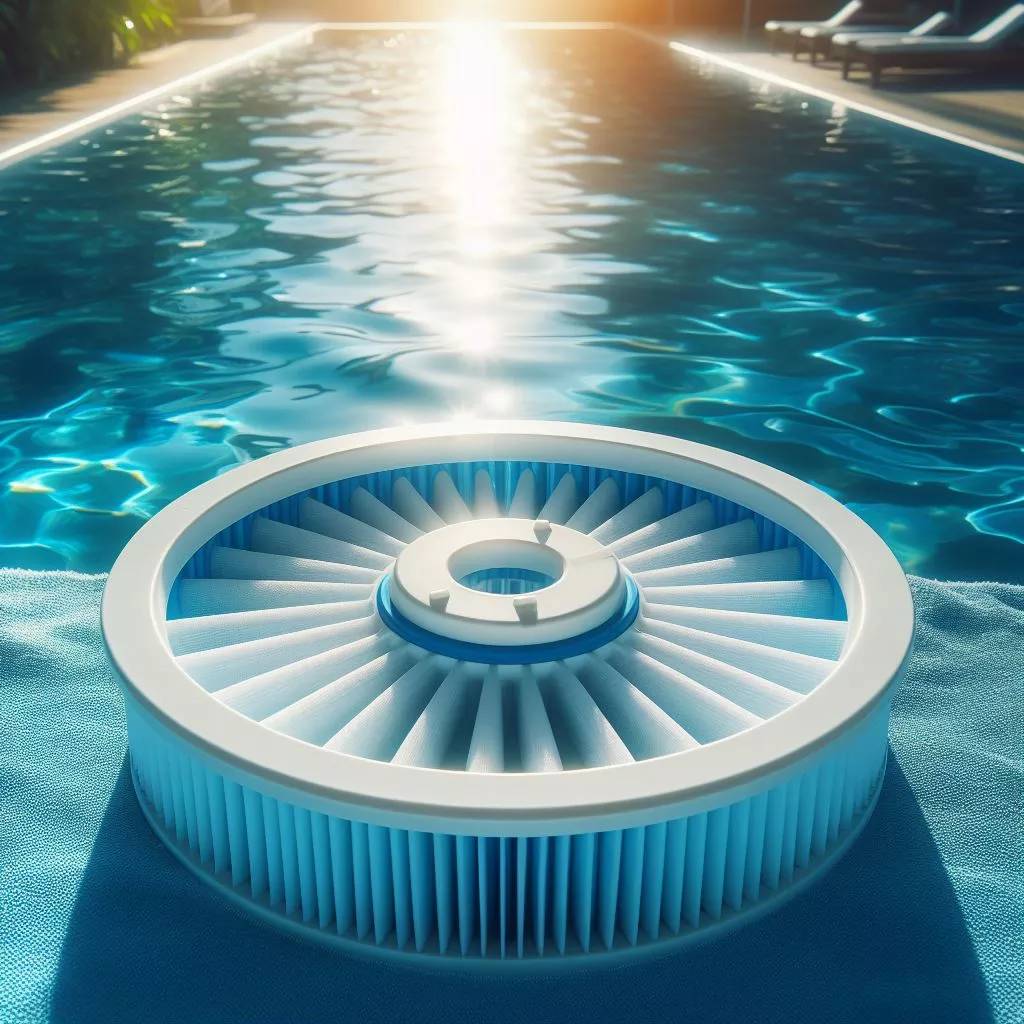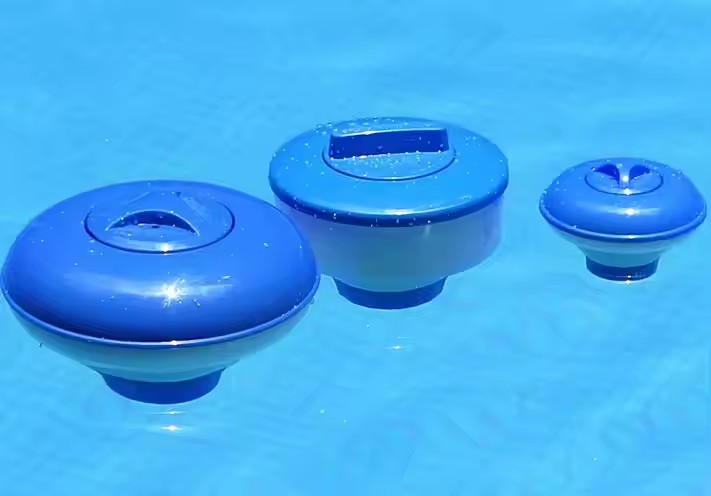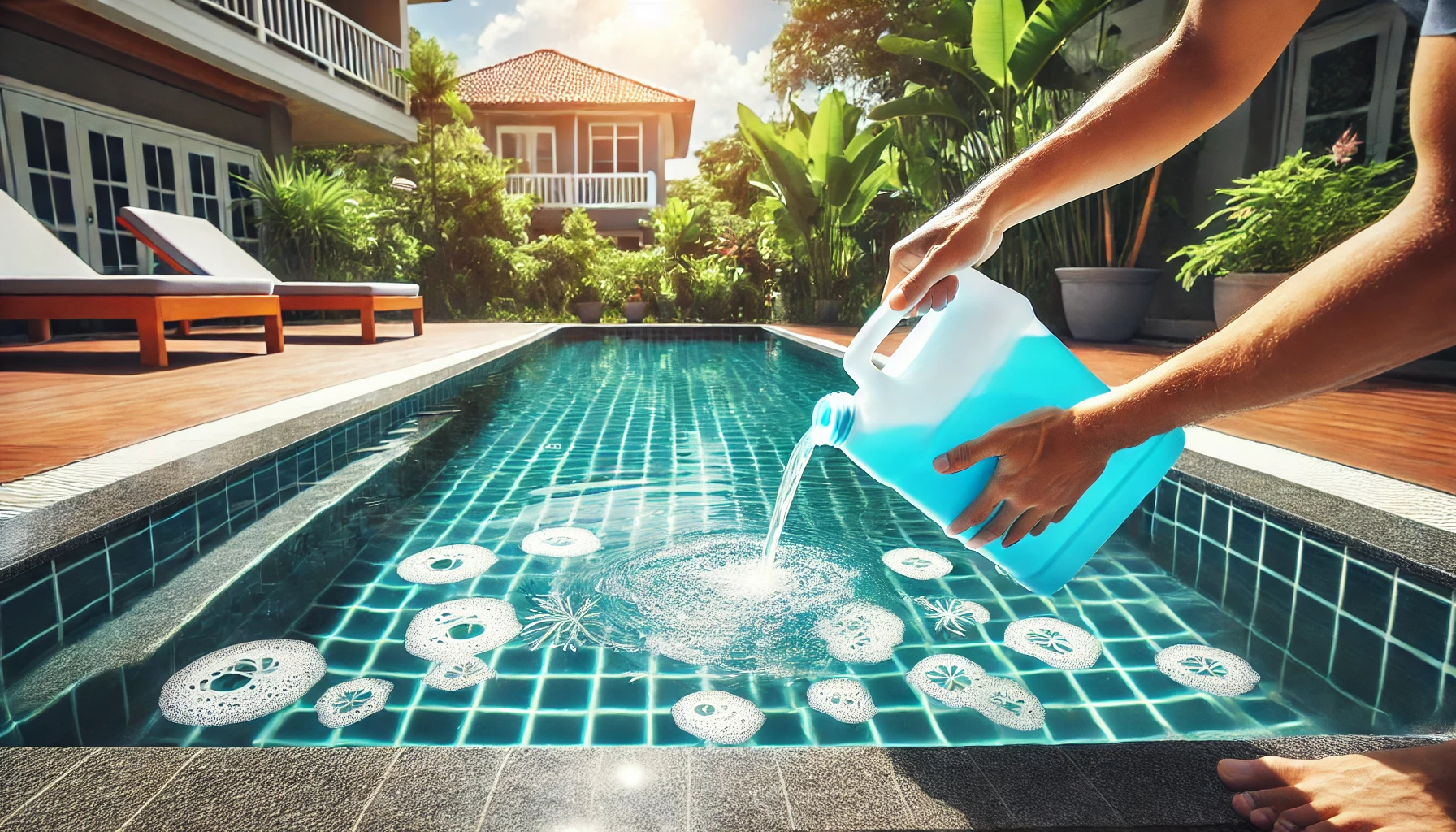A pool sand filter is a crucial component of any residential swimming pool, responsible for keeping the water clean, clear, and safe for swimmers. Understanding the significance of pool sand filters in maintaining water quality is essential for every pool owner. In this comprehensive article, we will explore the importance of pool sand filters for residential pool filtration and the various ways they contribute to ensuring a hygienic and enjoyable swimming experience.

Understanding Pool Sand Filters
Pool sand filters are a type of mechanical filtration system commonly used in residential swimming pools.
They consist of a tank filled with specially graded sand that traps and removes impurities from the water as it passes through.
The filtration process involves water being pumped through the sand bed, where particles and debris are trapped, allowing clean water to return to the pool.
Importance of Pool Sand Filters
a. Water Clarity: Pool sand filters play a vital role in maintaining water clarity by removing visible particles such as dirt, leaves, and debris, ensuring that the pool water remains clean and clear.
b. Water Safety: Effective filtration provided by pool sand filters helps eliminate harmful contaminants, bacteria, and algae from the water, reducing the risk of waterborne illnesses and infections for swimmers.
c. Chemical Balance: Proper filtration helps to distribute pool chemicals evenly throughout the water, ensuring that sanitizer levels remain consistent and preventing the growth of algae and other microorganisms.
d. Extended Equipment Lifespan: By removing debris and preventing clogging of other pool equipment, such as pumps and heaters, pool sand filters contribute to the longevity and efficiency of the entire pool system.
e. Cost-Effectiveness: Investing in a quality pool sand filter can save money in the long run by reducing the need for excessive chemical treatments, repairs, and maintenance associated with poor water quality.
Maintenance and Care
Regular maintenance of pool sand filters is essential to ensure optimal performance and longevity.
Backwashing: Periodically backwashing the filter to flush out trapped debris and rejuvenate the sand bed is necessary to maintain filtration efficiency.
Sand Replacement: Over time, the sand in the filter becomes worn and less effective at trapping particles. Replacing the sand every few years is recommended to maintain optimal filtration.
Cleaning: Cleaning the filter tank and components, such as the multiport valve and laterals, helps prevent clogs and ensure proper water flow through the system.
Choosing the Right Pool Sand Filter
Size and Capacity: Selecting a pool sand filter with the appropriate size and capacity for your pool volume is crucial to ensure efficient filtration.
Quality and Durability: Investing in a high-quality pool sand filter from a reputable manufacturer ensures reliability, durability, and long-term performance.
Compatibility: Consider factors such as pump size, flow rate, and pool type when choosing a pool sand filter to ensure compatibility and optimal operation.
Conclusion
In conclusion, pool sand filters are indispensable for maintaining the cleanliness, safety, and overall quality of residential swimming pools. Their role in removing impurities, enhancing water clarity, and ensuring proper chemical balance cannot be overstated. By understanding the importance of pool sand filters and implementing proper maintenance practices, pool owners can enjoy a clean, safe, and enjoyable swimming experience for years to come.


